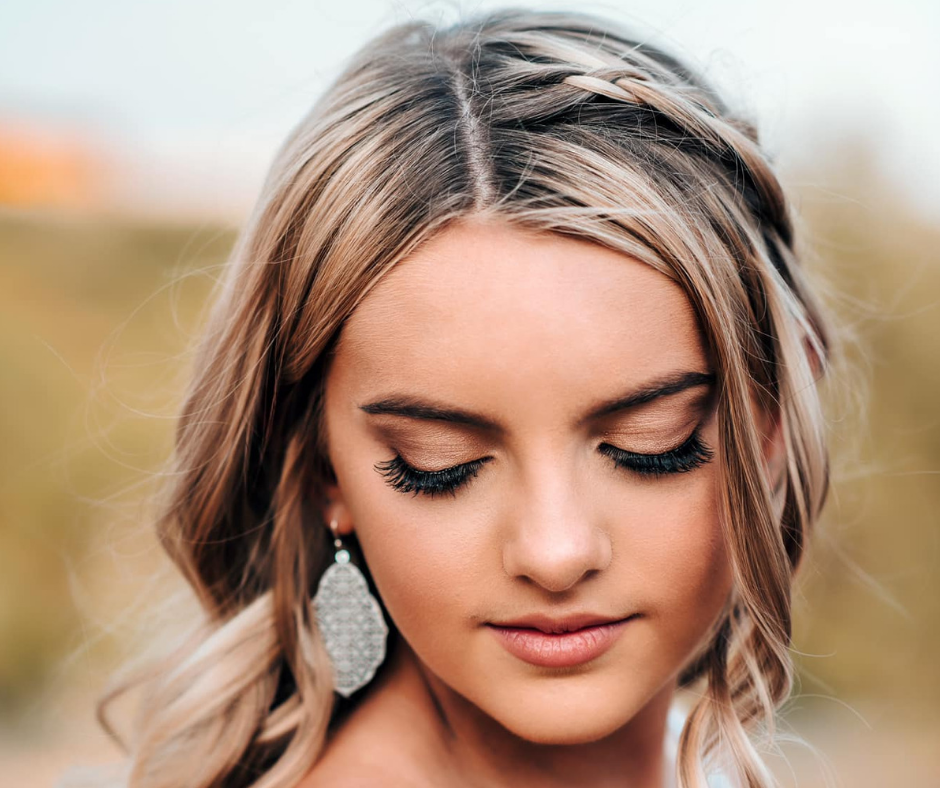
In late 2017, I wrote a post called My Changing Body as a way to talk about body image and weight in ways women don’t discuss enough. I’ve never been fully satisfied with my body (looking at pictures in my teens, twenties and thirties, I wish I would have appreciated it). I am trying to adjust my expectations and perceptions of my body. It’s a struggle for many of us, and isn’t a new thing. I am grateful for how my body performs. I have strong legs, solid muscles, and I feel good.
However, when my 12-year old daughter recently told me she is fat, I felt perplexed and crushed.
She is comparing herself with other girls in her class, and recently weighed herself. She thinks she knows how much the other girls weigh and is upset that she weighs what she does.
What do I tell her?
I’m grateful she’s voicing how she’s feeling. Among elementary school girls, 40 to 60 percent are concerned about their weight. Why is this? Social media and impending puberty are two reasons. Another is human nature. Many of us are wired to be hard on ourselves. We believe we are falling short of what we perceive is the “perfect body.”
I recently read a quote from Glennon Doyle, “When people say to me ‘What should I tell my daughter?’ I always say: The most important thing is to listen. This is how she knows she has something to say.”
So I listened. I asked her how she feels on the inside, what she wants her body to look like, why she feels unhappy with her body. I told her how beautiful she is inside and out. How strong and healthy her body is; how smart her brain is; how engaging her personality is; how kind her heart is; and what positive talk sounds like. We talked about how everyone is in different stages of their physical development – everyone looks different – and scrolled through her Instagram feed and discussed what she saw. We talked about how there are many, many people her age who feel the same way she does, even if they don’t act like they do. I asked her what she’d say to someone who felt fat.
We also talked facts. I told her that only a doctor can diagnose weight issues, and during her well check her doctor told her she was very healthy. This was also supported by reviewing her growth chart.
There are resources available to us during this hard transition with our tween and teen girls. One is the Dove Self-Esteem Project called #GirlCollective, a platform that provides self-love education to build confidence, challenge beauty stereotypes, and empower each other.
In summary, here’s how I’ll address my daughter’s body image:
- Ask questions.
- Listen.
- Affirm all of her qualities.
- Discuss how puberty can make us feel different.
- Look through social media together, talk about what we see, and what beauty is to her.
- Learn positive self-talk.
- Remove the lie that she’s alone.
- Inspire empathy.
- Use facts.
- Love my body.
While I don’t have the answers, I will love her, listen to her and affirm her. Together, we can broaden what beautiful means and what it looks like.
Photography: www.jessicarockowtiz.com









